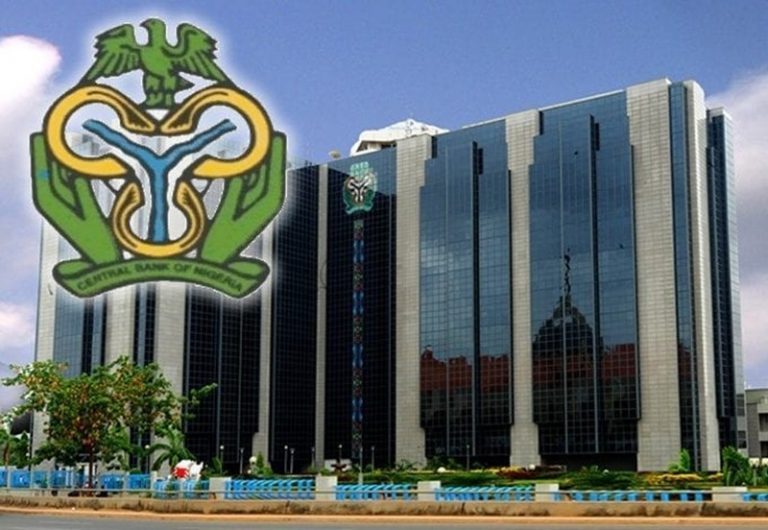
The Central Bank of Nigeria (CBN), has issued a warning about the increased risk of fraud associated with dormant bank accounts.
This was disclosed by the CBN governor Olayemi Cardoso, while speaking at the end of the 296th meeting of the Monetary Policy Committee in Abuja. Mr. Cardoso pointed out that when dormant accounts have not seen any activity for a prolonged period, they become susceptible to fraudulent activities, because they are less likely to be closely monitored by account holders, thereby making unauthorized transactions more difficult to detect promptly.
In his words,
Register for Tekedia Mini-MBA edition 19 (Feb 9 – May 2, 2026): big discounts for early bird.
Tekedia AI in Business Masterclass opens registrations.
Join Tekedia Capital Syndicate and co-invest in great global startups.
Register for Tekedia AI Lab: From Technical Design to Deployment (next edition begins Jan 24 2026).
“With respect to dormant accounts, what I found personally is if you leave accounts dormant in banks, sometimes more than when you don’t leave them dormant in banks. In fact, most times, they are more susceptible to fraudsters copying your identity and trying to gain hold of the system to grab your money. So, that is a problem I think most money banks face.
“The policy and the directive are meant to ensure that all those monies come to the central bank for safekeeping and it is at zero cost to the beneficiaries. All that will happen is that the central bank will manage the money within our possession and when the rightful owner surfaces, the money is returned plus whatever income is accrued to you.”
Recall that on July 19, 2024, the CBN directed banks and other financial institutions to deposit unclaimed balances and funds in dormant accounts to the apex bank account. The CBN disclosed its plan to harvest funds from unclaimed balances, dividends, and dormant accounts, potentially putting them in Nigerian Treasury Bills (NTBs) and other government securities.
This announcement comes as part of the newly released “Guidelines on Management of Dormant Accounts, Unclaimed Balances, and Other Financial Assets in Banks and Other Financial Institutions in Nigeria,” which aims to standardize the handling of dormant accounts and unclaimed financial assets.
The apex bank said the revised guidelines are a sequel to the conclusion of the review of the guidelines on the management of dormant accounts issued in October 2015.
“The revised Guidelines, which operationalizes Section 72 of the Banks and Other Financial Institutions Act (BOFIA) 2020, followed engagement and consultations with relevant stakeholders, whose comments and recommendations were considered in the review process,” CBN said.
“It, amongst others, standardizes the management of dormant accounts, unclaimed balances, and financial assets, and outlines the procedure for the administration of these balances, funds, and assets by banks and other financial institutions in Nigeria”.
In the document, CBN said the objectives of the guidelines are to “identify dormant accounts/unclaimed balances and financial assets to reunite them with their beneficial owners”.
The CBN emphasizes that banks and financial institutions must take proactive measures to protect dormant accounts from fraudulent exploitation. This includes implementing robust security protocols and regularly reviewing dormant accounts for any suspicious activities. Financial institutions are also encouraged to maintain open communication with account holders to ensure they are aware of the status of their accounts and any potential risks.
The CBN’s warning highlights a critical issue within the Nigerian banking system. By addressing the risks associated with dormant accounts and promoting proactive measures, the CBN aims to enhance the security and trustworthiness of the financial system, protecting both individual account holders and the broader economy from the detrimental effects of fraud.



